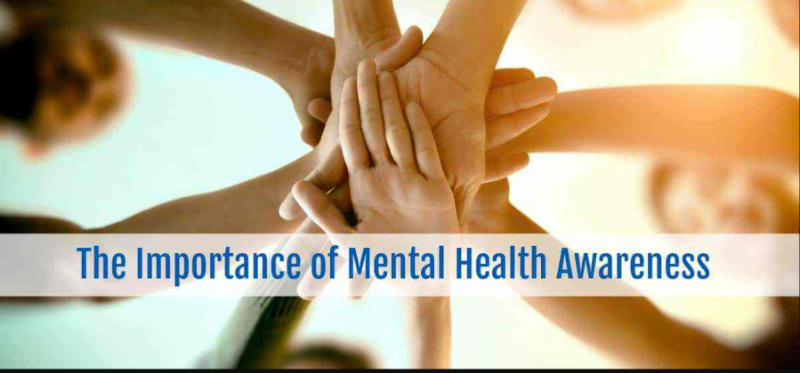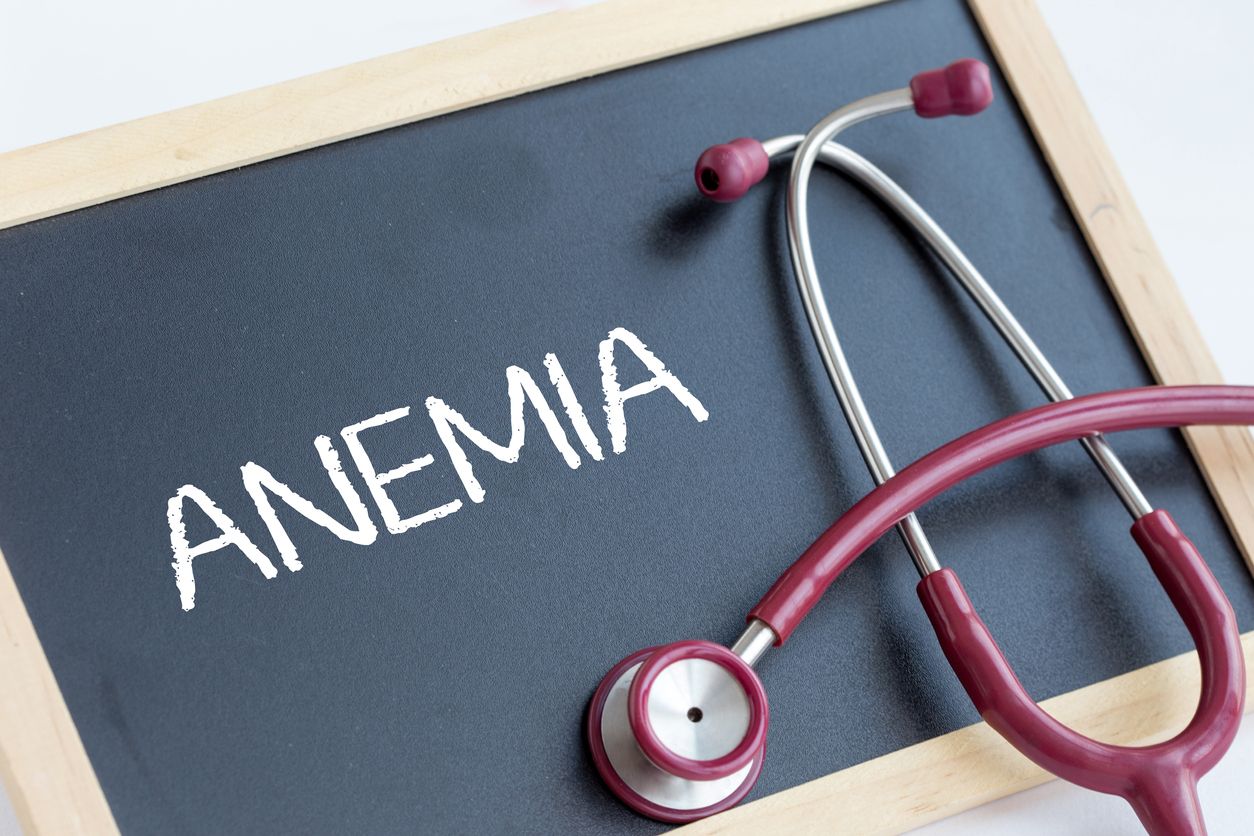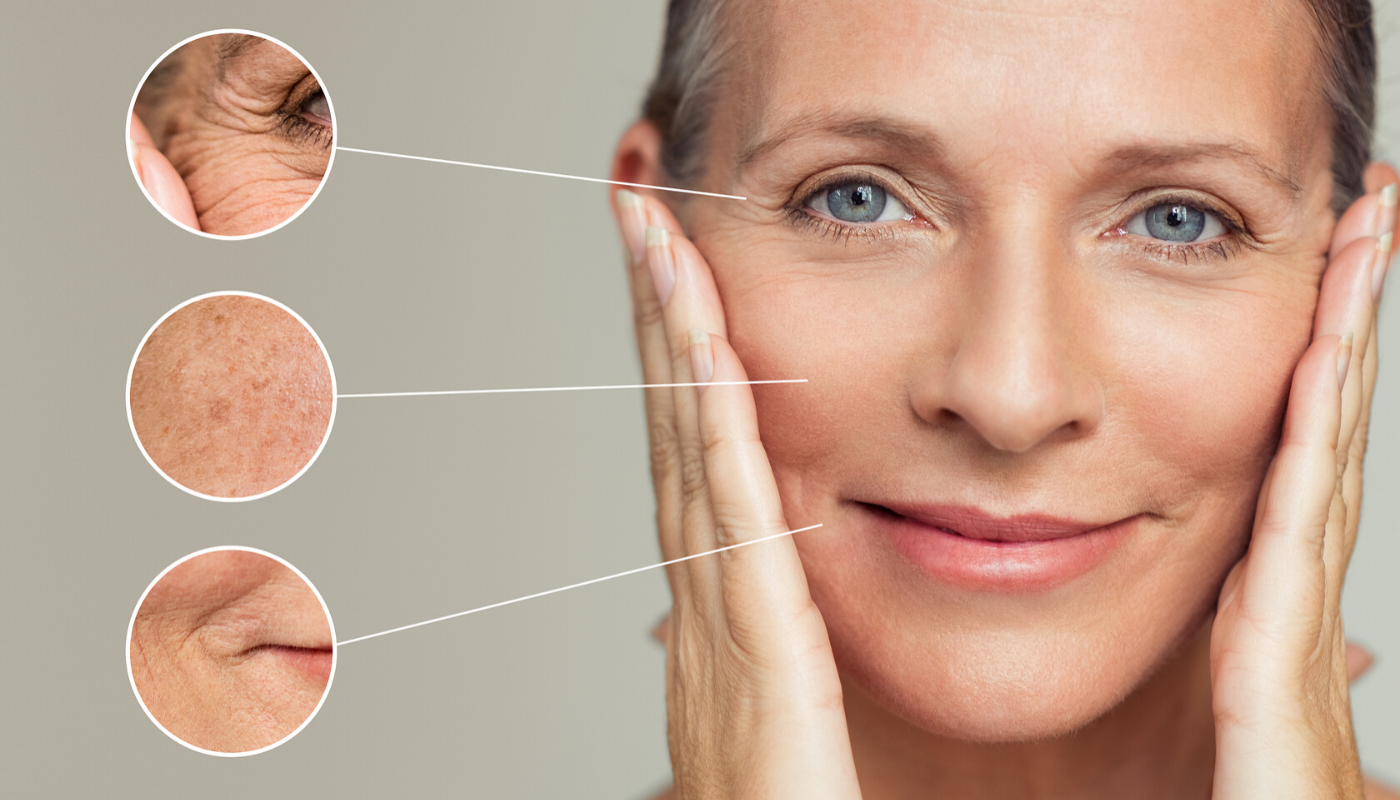Depression: Silent Epidemic of the Modern World
In the labyrinth of human health and wellness we often find ourselves navigating through the tangible realities of physical ailments. It's easy to attend to what's visible to the naked eye be it a bruise a wound or a physical symptom. However there is another crucial aspect of our well-being that often gets sidelined or masked in the hustle and bustle of everyday life. It is the intangible invisible yet profoundly significant domain of mental health disorders. Among these conditions depression stands as an enigmatic and formidable opponent.
Depression a pervasive silent epidemic affects millions around the globe indiscriminately crossing boundaries of age gender race and socioeconomic status. Yet despite its widespread reach it's often misunderstood stigmatized and dismissed as mere feelings of sadness or periods of low mood that everyone experiences. But depression is far more complex and insidious. It is a persistent profound sense of despair and hopelessness that profoundly affects an individual's thinking feeling and daily functioning.
Understanding the Silent Epidic
Understanding depression requires a deep dive into its multiple facets. It is not a condition defined by a single symptom but a complex interplay of various factors. Here are some key aspects to understand this silent epidemic:
- More Than Sadness: Depression is not just about feeling 'down' or 'blue.' It's characterized by a persistent feeling of sadness that lasts for at least two weeks and is accompanied by a loss of interest in activities once enjoyed.
- Impact on Daily Life: Depression is more than an emotional state; it significantly affects daily life. It can lead to difficulties in maintaining relationships reduced productivity and can drastically affect the quality of life.
- Various Forms: Depression comes in different forms such as Major Depressive Disorder (MDD) Persistent Depressive Disorder (PDD) and Postpartum Depression (PPD) each with distinct characteristics.
- Invisible Symptoms: The symptoms of depression are often internal and unseen like feelings of worthlessness guilt or suicidal thoughts. This invisibility often makes it harder to recognize and diagnose.
- Physical Manifestations: Depression can also have physical symptoms such as changes in appetite sleep disturbances and chronic fatigue. These physical manifestations further underline the complexity of this condition.
- No Discrimination: Depression knows no boundaries. It affects individuals across all ages genders races and socioeconomic statuses.
- Root Causes: Depression can be triggered by various factors such as genetic predisposition hormonal changes traumatic life events and certain medical conditions.
- A Treatable Condition: Despite its severe impact depression is a treatable condition. Various treatments including psychotherapy medication and lifestyle changes have proven effective in managing this disorder.
The Importance of Mental Health Awareness

Mental health awareness plays a significant role in the societal understanding and individual management of conditions such as depression. Here are some key reasons why mental health awareness is crucial:
- Breaking Down Stigma: The stigma attached to mental health conditions often prevents individuals from seeking help. Greater awareness can help to dismantle these harmful misconceptions and normalize seeking help for mental health conditions.
- Early Identification: With increased awareness individuals family members and friends can better recognize the early signs of mental health conditions. This enables early intervention which can significantly improve prognosis.
- Encourages Treatment: Many people living with mental health conditions do not receive the help they need because they are unaware of the available treatment options. Mental health awareness can educate individuals about the various resources available to them.
- Promotes Empathy: Mental health awareness fosters empathy and understanding among friends family and society at large. This can create a supportive environment for those dealing with mental health conditions.
- Mental Health: Physical Health: Greater mental health awareness can help to emphasize the importance of mental health in overall wellbeing. Just as we take care of our physical health we need to prioritize our mental health as well.
- Encourages Self-Care: Mental health awareness encourages people to take care of their mental well-being. This could include self-care practices like getting enough sleep eating a balanced diet exercising regularly and practicing mindfulness.
- Influences Policy Changes: Increased awareness can bring about policy changes that can improve mental health care systems. This can lead to better access to care more funding for research and improved mental health services.
How to Help Someone with Depression?
If someone you care about is struggling with depression it can be challenging to know how best to support them. Here are some practical ways you can help:
- Be There: Sometimes the simple act of being present can provide immense comfort. Assure them that you're there for them ready to listen without judgment or criticism.
- Encourage Treatment: Encourage them to seek professional help. You can help them research therapists psychiatrists or mental health clinics and even accompany them to appointments if they're comfortable.
- Be Patient: Healing from depression takes time and is often not a linear process. Show patience and avoid pushing them to "snap out of it" or rush their recovery.
- Stay Connected: Regularly check in on them whether it's a quick text a call or meeting for a cup of coffee. It helps them know they're not alone.
- Educate Yourself: Understanding what depression is will help you provide meaningful support. Use reputable sources to learn about the symptoms treatment options and what to expect.
- 6. Promote Healthy Lifestyle: Encourage them to engage in physical activity maintain a balanced diet and ensure regular sleep - these can all play a role in managing depression.
- Avoid Blaming Language: Make sure to avoid phrases that imply that their depression is their fault or that they could simply choose to be happy if they wanted to. This could only make them feel worse.
- Be Aware of Warning Signs: Learn about the signs of severe depression and potential suicide risk so you can take action if needed such as contacting their healthcare provider or a crisis line.
Conclusion
Depression this silent epidemic is a cry for increased awareness understanding and empathetic support. As we shed light on this condition we become equipped to support those battling depression better contributing to a more inclusive society. It's time to break the silence surrounding mental health and stand in solidarity with those dealing with this invisible adversary.
This journey towards understanding depression is not just an individual endeavor—it's a collective responsibility. It begins with acknowledging depression as a serious and prevalent condition encouraging conversations around mental health promoting mental health awareness and supporting those in the midst of their struggle.
As we equip ourselves with knowledge and empathy we become a beacon of hope in the lives of those living with depression reminding them that they are not alone. Remember it's not just about combating the silent epidemic; it's about ensuring that those battling it don't have to do so silently and alone. Together we can foster a world where mental health is not shrouded in silence and stigma but met with understanding and compassion.






